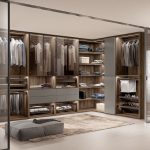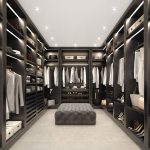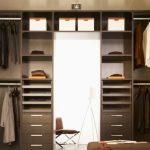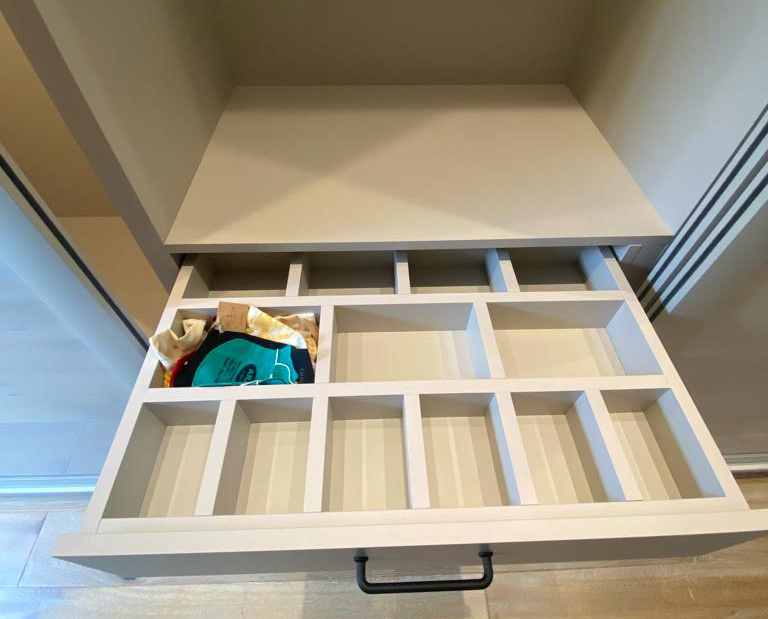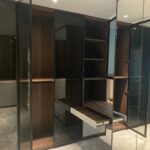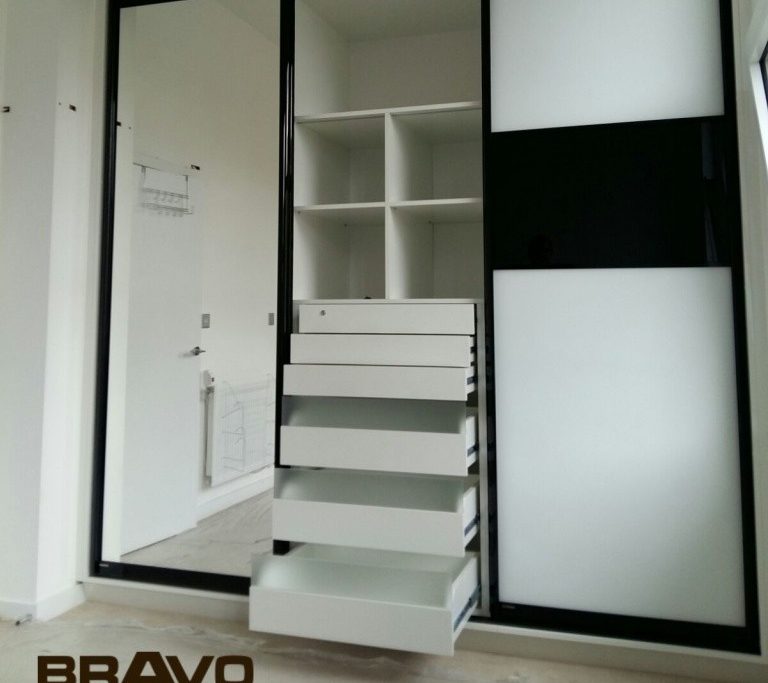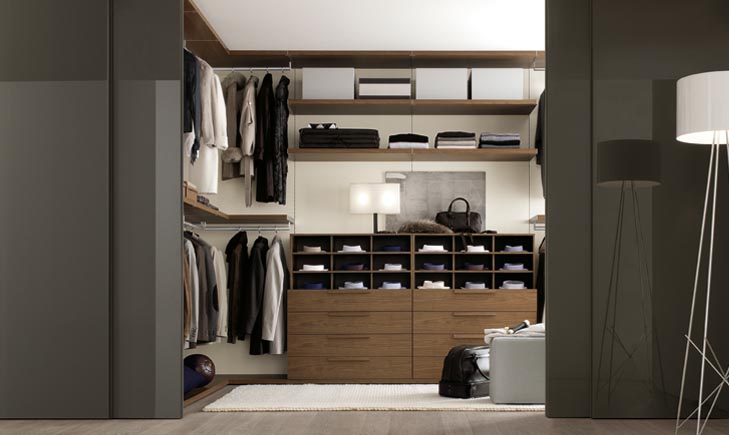The Art of Craftsmanship:
Unveiling the Numerous Benefits of Bespoke Furniture
Introduction:
In the world of furniture, the term “bespoke” stands as a testament to craftsmanship, personalisation, and enduring quality. Bespoke furniture, also known as custom-made or made-to-order furniture, has been gaining prominence for its unique attributes and the myriad of benefits it brings to discerning customers. This article delves into the various reasons why bespoke furniture is worth the investment, exploring the unparallelled advantages that make it a sought-after choice for those who value both functionality and aesthetic appeal in their living spaces.
- Personalisation and Unique Design:
One of the standout advantages of bespoke furniture is the level of personalisation it offers. When opting for a custom piece, customers have the opportunity to collaborate with skilled craftsmen and designers to bring their vision to life. From choosing the type of wood to selecting fabrics, finishes, and hardware, every detail is tailored to the customer’s preferences. This results in furniture that is not only a perfect fit for the intended space but also a unique and personalised expression of the individual’s style and taste.
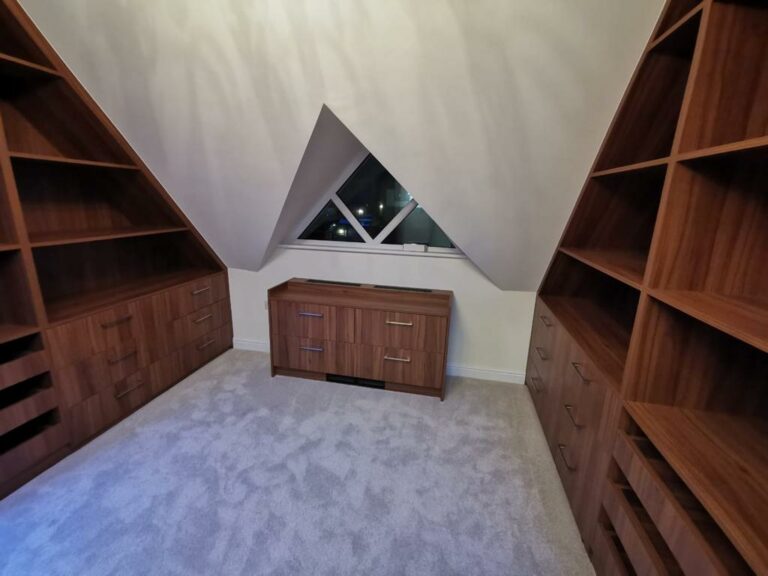
2. Quality Craftsmanship:
Bespoke furniture is synonymous with superior craftsmanship. Skilled artisans and craftsmen dedicate their time and expertise to create each piece with meticulous attention to detail. Unlike mass-produced furniture, which is often hurriedly assembled on assembly lines, bespoke pieces are crafted using time-tested techniques, ensuring a level of quality that stands the test of time. The use of premium materials and the hands-on approach of skilled craftsmen contribute to the creation of furniture that exudes quality and durability.
3. Exact Specifications for Perfect Fit:
A key advantage of custom-made furniture is the precision in measurements and specifications. Every piece is tailored to fit the exact dimensions of the space it’s intended for. This is particularly valuable in situations where standard, off-the-shelf furniture may not align with the unique layout of a room. The result is a seamless integration of the bespoke piece into the living space, optimising both functionality and aesthetics.
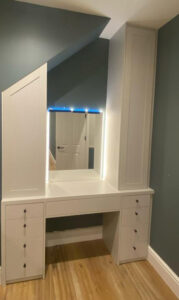
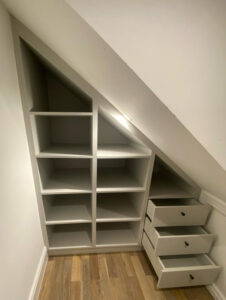
4. Long-Term Investment:
While bespoke furniture may involve a higher upfront cost, it often proves to be a sound long-term investment. The quality craftsmanship and attention to detail contribute to the longevity of custom pieces, reducing the need for frequent replacements. Over time, this can result in cost savings as the bespoke furniture maintains its structural integrity and aesthetic appeal, outlasting mass-produced alternatives that may succumb to wear and tear more quickly.
5. Environmental Considerations:
For those who prioritise sustainability, bespoke furniture offers an avenue for making environmentally conscious choices. Customers can work with craftsmen who source materials responsibly, opting for sustainable woods and eco-friendly finishes. The ability to choose local artisans and suppliers also reduces the carbon footprint associated with transportation, aligning with a growing trend toward more environmentally friendly consumer choices.

6. Emotional Connection and Value:
The process of creating bespoke furniture is often a collaborative and engaging experience. Customers get to be part of the design journey, making decisions that reflect their personality and preferences. This involvement fosters a unique emotional connection to the furniture, transforming it from a mere functional item to a cherished piece that holds sentimental value. The joy derived from owning a custom-made piece extends beyond its physical attributes, contributing to a deeper appreciation for the craftsmanship and design.
7. Unparallelled Aesthetics:
Bespoke furniture allows for the realisation of distinctive and innovative designs that may not be available in mass-produced options. This freedom of design expression opens doors to creativity, enabling customers to have furniture that is not only functional but also serves as a focal point in their interiors. The bespoke approach allows for the incorporation of intricate details, unique shapes, and artistic elements that elevate the aesthetics of the furniture to a level that transcends the ordinary.
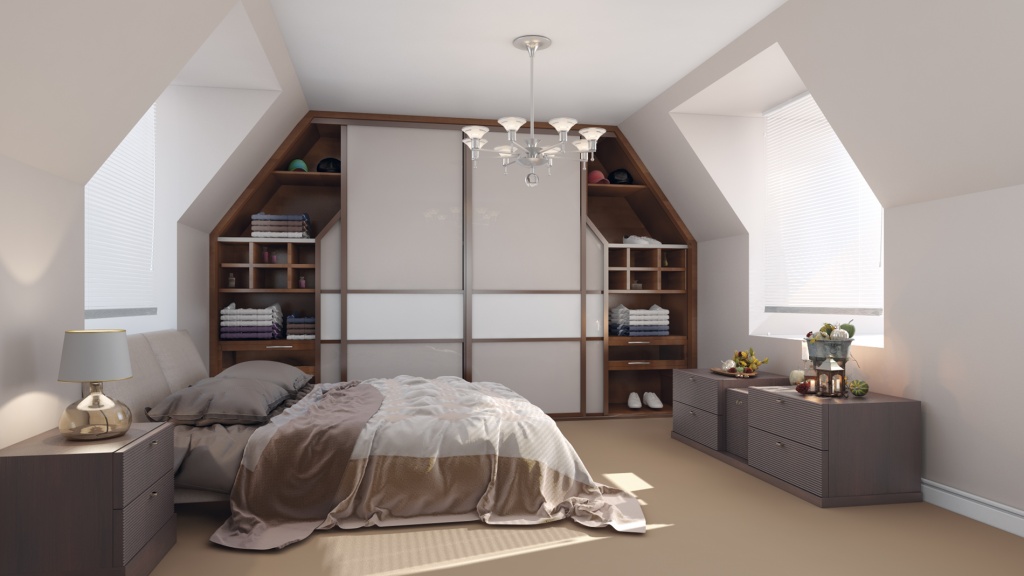
Conclusion:
In conclusion, bespoke furniture is a worthy investment for those who seek more than just functional pieces within their living spaces. The benefits of personalisation, quality craftsmanship, precise specifications, long-term durability, environmental consciousness, emotional connection, and unparallelled aesthetics collectively make bespoke furniture a choice that transcends trends and withstands the test of time. As discerning consumers increasingly value unique and enduring pieces, the allure of bespoke furniture continues to grow, offering a harmonious blend of form, function, and individual expression.


